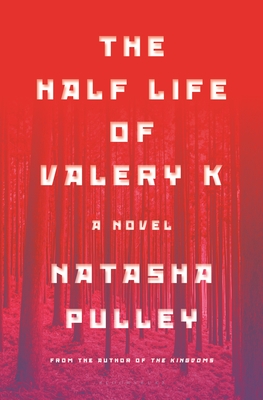What do you think?
Rate this book


375 pages, Hardcover
First published June 23, 2022
“if i look sad, it’s because this is the happiest i’ve been for years, and you did that, but you aren’t even one tenth mine and you never will be.”
“every single person reminded every single time they were named of that one part of them that defined everything they were meant to be, and nobody ever seemed to sit back and say, but we would never call anyone Penis Harrison; how’s mister any different?”